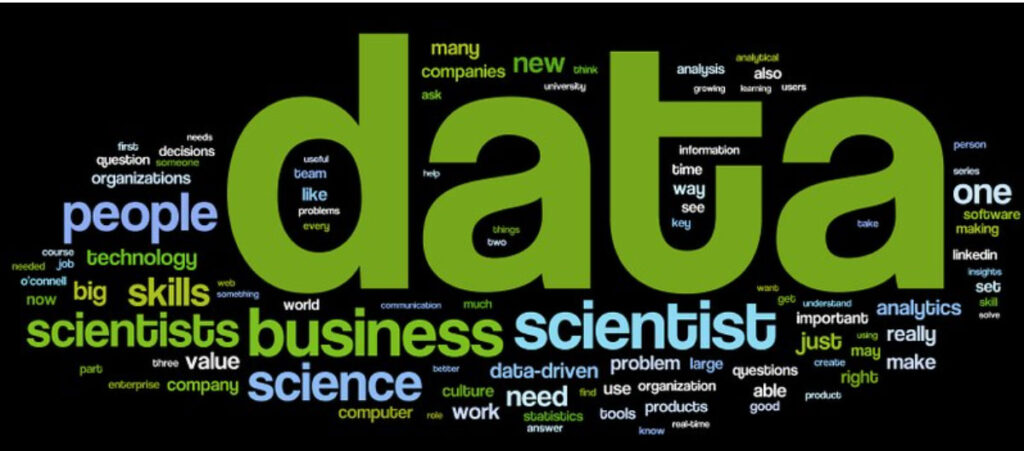Course description
The NCC team at UDG introduces a comprehensive training program focused on Data Science and data analysis techniques. This course emphasizes practical implementations and theoretical foundations, preparing participants to tackle data processing, visualization, and analysis challenges. Developed in collaboration with industry experts and academic researchers, the program equips students with the skills to analyze, manipulate, and visualize data using modern tools.

Data Science represents a transformative approach in extracting insights from structured and unstructured datasets. This course bridges the gap between theoretical concepts and practical implementation by leveraging tools like NumPy, Pandas, and Matplotlib, enabling participants to perform data preprocessing, statistical analysis, and visual storytelling.
As data continues to shape decision-making processes across industries, this course prepares students to apply their knowledge in diverse domains such as business analytics, finance, healthcare, marketing, and scientific research. Combining theoretical principles with hands-on experimentation, participants gain expertise to manage data-driven projects and deliver actionable insights.
Course Content Overview (12 Modules):
- Introduction to Data Science – Definitions, history, and key concepts.
- Python for Data Science – Essential programming techniques and libraries.
- Working with NumPy – Arrays, indexing, and matrix operations.
- Pandas for Data Manipulation – DataFrames, series, and data cleaning.
- Data Visualization with Matplotlib and Seaborn – Plotting techniques and visual analytics.
- Statistical Analysis and Descriptive Statistics – Measures of central tendency and variability.
- Data Preprocessing – Handling missing data, outliers, and normalization.
- Exploratory Data Analysis (EDA) – Data exploration, correlations, and patterns.
- Time Series Analysis – Working with temporal data and trend analysis.
- Machine Learning Basics – Regression, classification, and clustering with Scikit-learn.
- Advanced Data Visualization – Interactive visualizations using Plotly and Dash.
- Capstone Project Development – End-to-end data analysis project covering data cleaning, visualization, and model building.
Learning Outcomes:
- Utilize Python libraries such as NumPy, Pandas, Matplotlib, and Seaborn for data manipulation and visualization.
- Perform data preprocessing, cleaning, and transformation tasks to prepare datasets for analysis.
- Analyze and interpret data trends through descriptive statistics and exploratory techniques.
- Apply machine learning algorithms for classification and regression tasks.
- Develop interactive dashboards and visualizations to present insights effectively.

